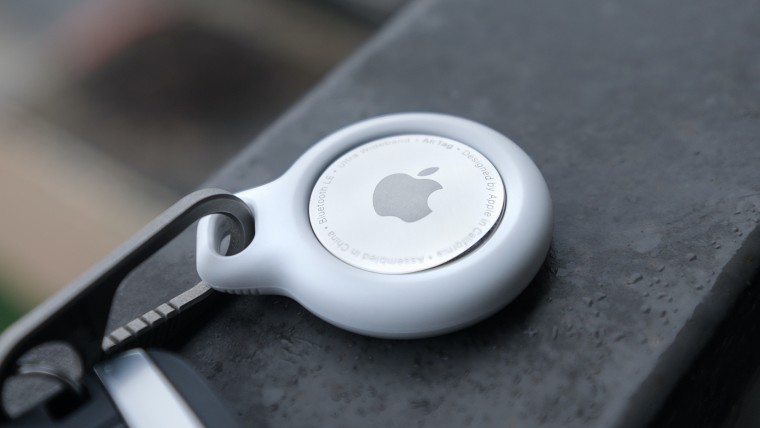
Two women are suing Apple on Monday after they claimed that the company's AirTag devices were secretly used by their former partners to track their movements in real time.
The class action lawsuit was filed in the United States District Court for the Northern District of California. It accuses the Cupertino company of failing to implement effective safeguards to prevent stalkers from using AirTags to spy on people.
Apple unveiled AirTags back in April of last year. These devices are roughly the size of a quarter and are normally attached to keys, backpacks, wallets, and other items so they can easily be located when they are lost. However, people have expressed their concern that the $29 device can be easily misused and exploited by stalkers to track their victims.
One of the plaintiffs, Lauren Hughes, learned that her ex-boyfriend was using an AirTag to track her back in August 2021 after their three-month relationship ended. After the former lover left some items outside of her apartment, she decided to move and stay temporarily at a hotel, where she received a notification on her phone stating that an unknown AirTag was traveling with her. She found it in the wheel well of her car, colored with a Sharpie and wrapped in plastic. After she moved, her former boyfriend uploaded a photo online of a food truck in her new neighborhood. The caption contained the hashtag #airt2.0 and a winking face, the suit stated.
The second plaintiff, only referred to as "Jane Doe" in the court papers, says her former spouse used an AirTag to spy on her by placing the device in their child's backpack. After she attempted to disable the first AirTag, another one popped up, the complaint stated.
"With a price point of just $29, it has become the weapon of choice of stalkers and abusers," the lawsuit said.
Apple has not yet issued a comment regarding the lawsuit. Back in February, however, the company updated the AirTag to alert people with iPhones if an unknown AirTag is nearby. It will also remind AirTag owners that stalking is illegal and law enforcement can access their personal information.
"AirTag was designed to help people locate their personal belongings, not to track people or another person’s property, and we condemn in the strongest possible terms any malicious use of our products," the company said in a news release. "Unwanted tracking has long been a societal problem, and we took this concern seriously in the design of AirTag."
But the lawsuit says that Apple's safeguards were "woefully inadequate," partly because they don't automatically protect Android users who must download an app first to be notified that an AirTag is nearby.
You can view the 43-page class-action lawsuit document here.


















48 Comments - Add comment